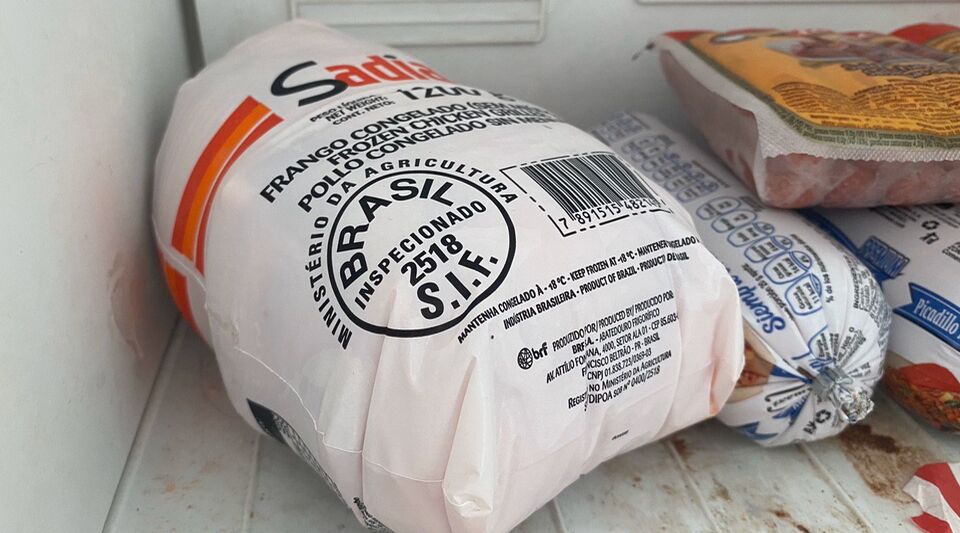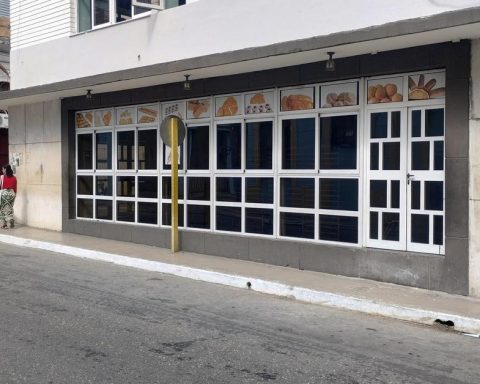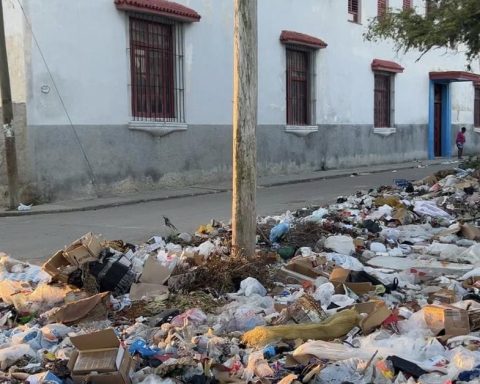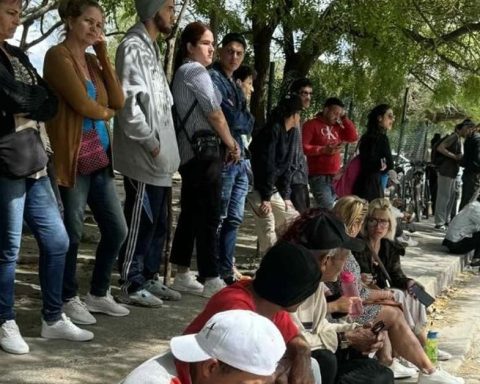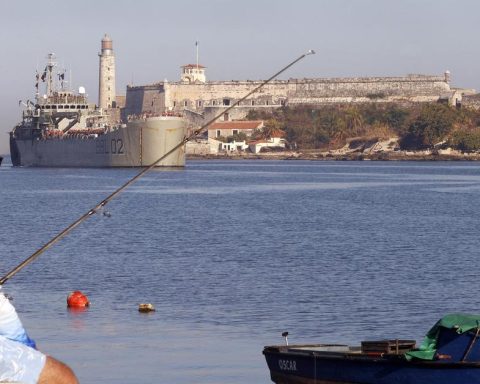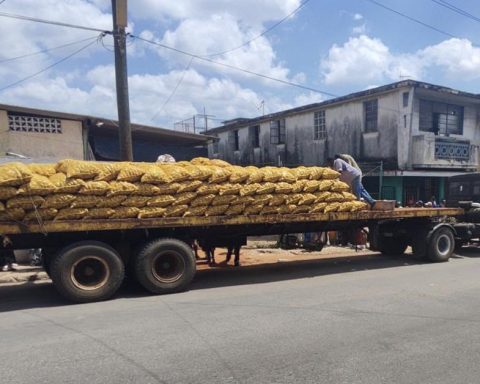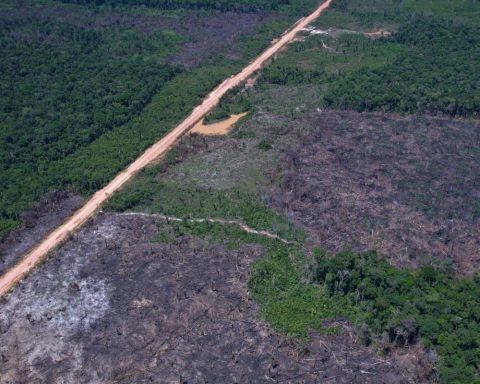A report published this Tuesday by three United Nations agencies concludes that Cuba is the second country in Latin America and the Caribbean with the highest deficit and per capita dependence on imports of agricultural products, only surpassed by Panama.
The report, prepared by the Economic Commission for Latin America and the Caribbean (Cepal) together with the Food and Agriculture Organization of the United Nations (FAO) and the World Food Program (WFP), explores how the Russian invasion of Ukraine compromises the daily livelihood of millions of Latin American families, including Cuban ones, who are also suffering from the island’s deep economic crisis.
It is no secret to anyone that the country presents notable deficiencies in its agricultural and food production, exacerbated by the scarcity of fuels and key inputs. The low availability of food and basic necessities are part of the causes that drive Cubans to emigrate, and have also led to an increase in the rates of violence on the island.
Between 2018 and 2020, Cuba suffered a deficit in imports of agricultural products that amounted to 1,632 million dollars, that is, it bought more than it could export. The greatest imbalance is observed in food, with the exception of fish, with a negative balance of 1,635 million dollars.
The cereal deficit was 668 million dollars, while in corn and wheat it was 181 million. The little that goes into fruits and vegetables also marks a negative balance of 109 million dollars in imports and another 104 million in vegetable oils. In dairy, the imbalance was 204 million and 446 million correspond to meat.
Venezuela, which is also experiencing a deep economic and migration crisis, had a deficit in imports of agricultural products of 3,359 million dollars
Venezuela, which is also experiencing a deep economic and migration crisis, had a deficit in imports of agricultural products of 3,359 million dollars. Panama, which claims to be the largest economy in Central America, also had a deficit of 1,988 million dollars.
Although the countries of Latin America and the Caribbean do not depend directly on imports of cereals, corn and vegetable oils from Russia and Ukraine, the report notes, food prices are affected by world trade restrictions. The conflict directly impacts the value of fertilizers, since the Russian Federation was in 2021 the world’s largest exporter of nitrogenous, the second of potassium and the third of phosphate.
The UN agencies point out that the world economy has not had a truce in the last 15 years with successive crises, among which the financial one of 2008, the trade tensions between China and the United States exacerbated in 2019 and the covid-19 pandemic stand out. in 2020, followed by the breakdown of logistics chains, inflation and the Russian invasion.
As a consequence, ECLAC forecasts that the economy of Latin America and the Caribbean will slow down to 1.4% in 2023 after experiencing 3.2% this year. In its latest update of the outlook, published last October, the agency reduced its projection for Cuba from the 3% it had forecast in August to 2% for 2022. The scenario is much less optimistic for 2023, with just 1.8%.
At the moment, the FAO settles in the report, the biggest concern is that inflation puts at risk access to a healthy diet for households with less income, in a context in which hunger increased by 30% between 2019 and 2021 as consequence of the pandemic. The World Food Program complements this data with an analysis, carried out in June 2022, which reveals that food insecurity is among the main causes for leaving the country of birth.
________________________
Collaborate with our work:
The team of 14ymedio He is committed to doing serious journalism that reflects the reality of deep Cuba. Thank you for accompanying us on this long road. We invite you to continue supporting us, but this time becoming a member of our newspaper. Together we can continue transforming journalism in Cuba.
